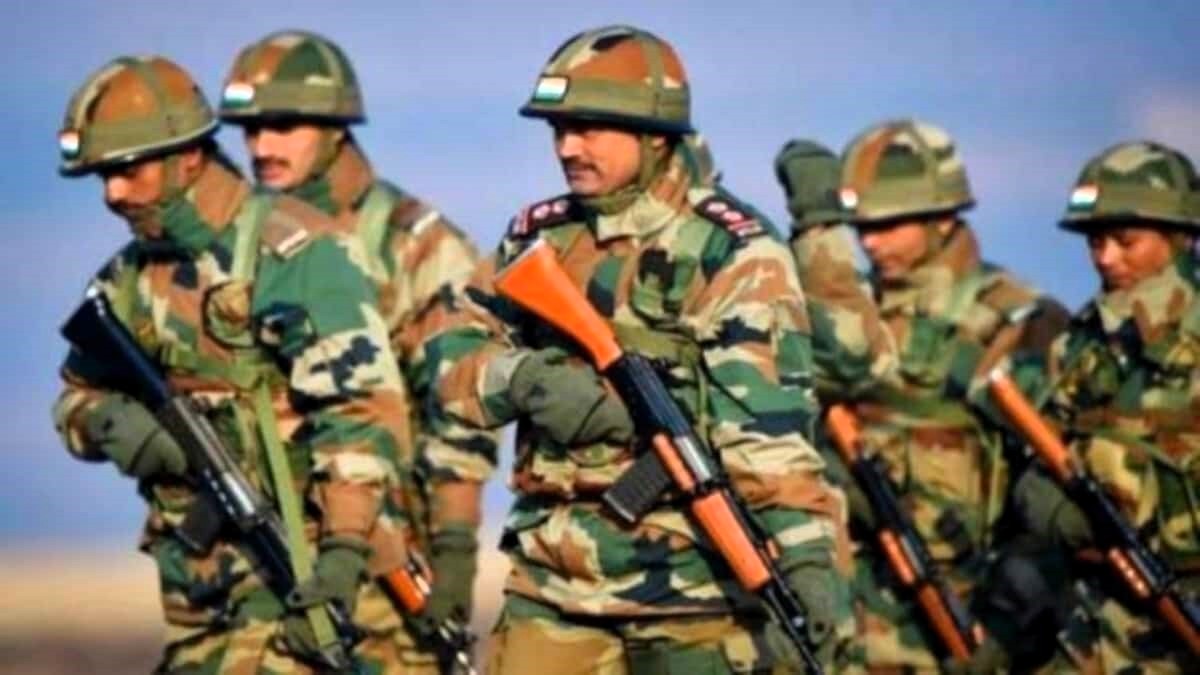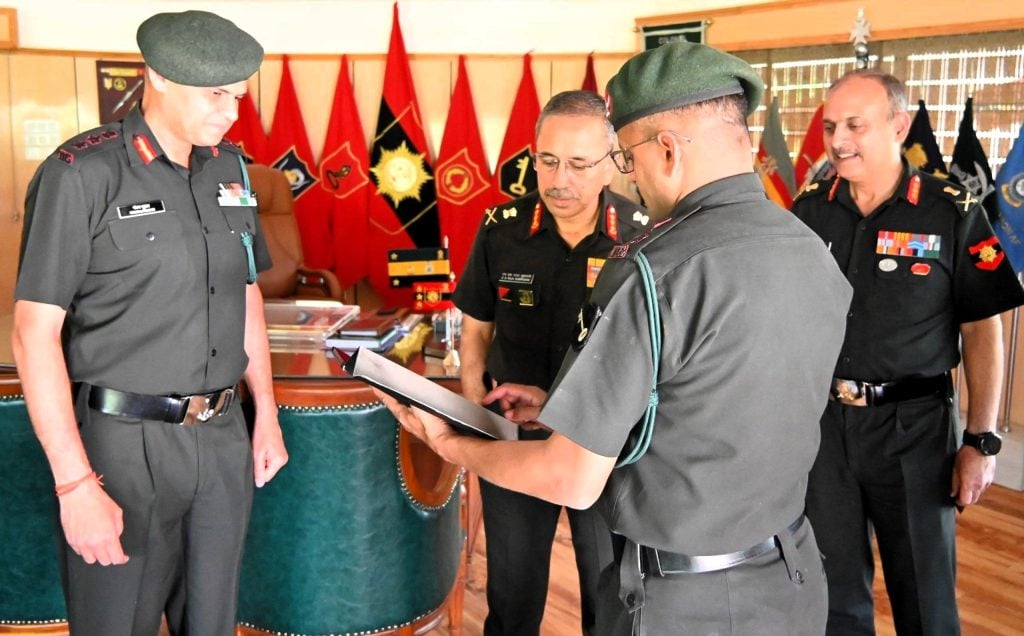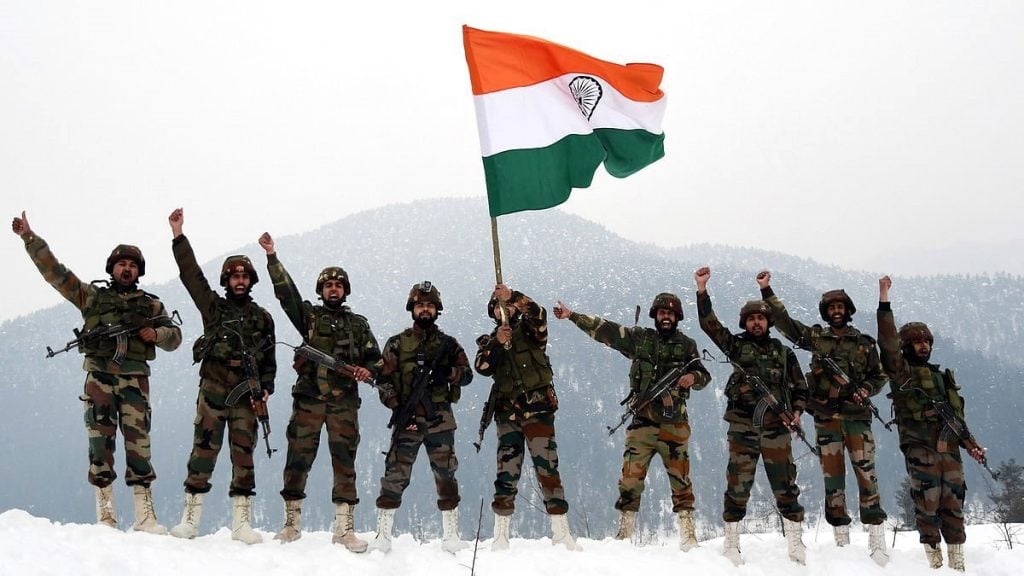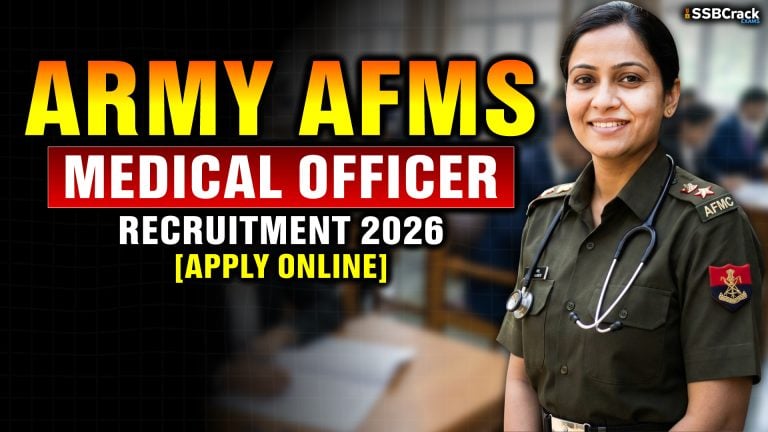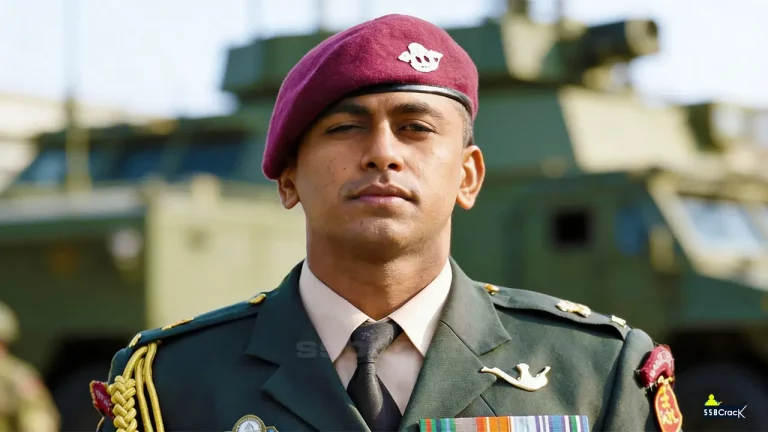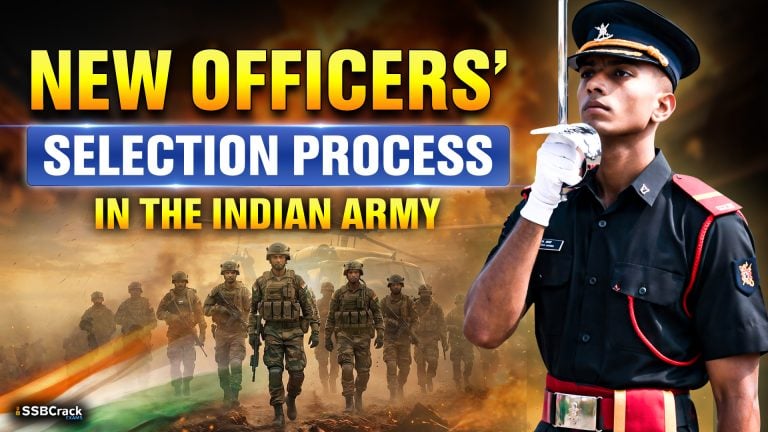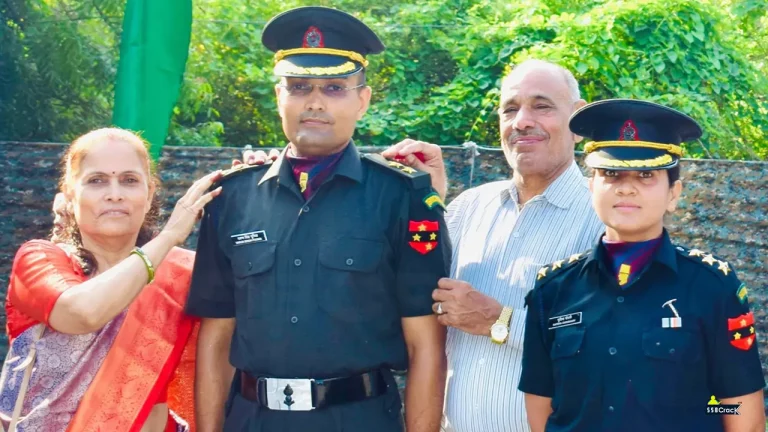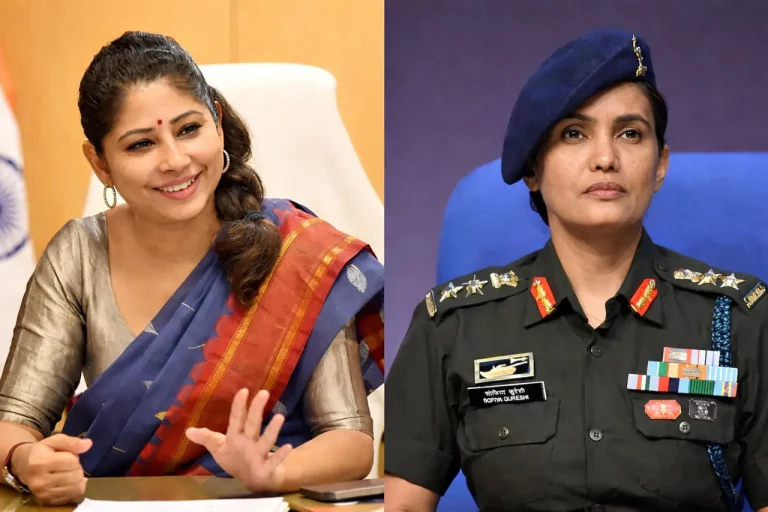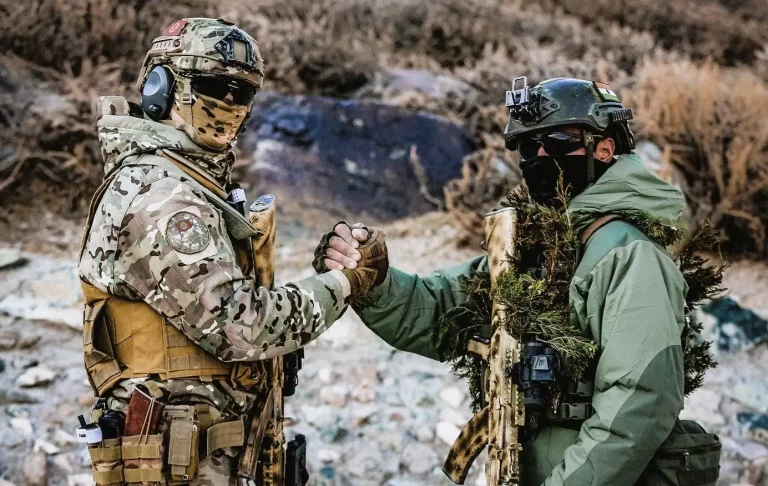The life of an army officer, while prestigious and honorable, is often riddled with significant stressors that surpass those experienced by their junior counterparts. According to a recent study by the Defence Research and Development Organisation (DRDO), there are stark differences in the levels of occupational stress, psychological well-being, and quality of life between officers and other ranks within the Indian Army. This article delves into the reasons behind these disparities, exploring the multifaceted nature of stress experienced by army officers compared to junior commissioned officers (JCOs) and non-commissioned personnel.
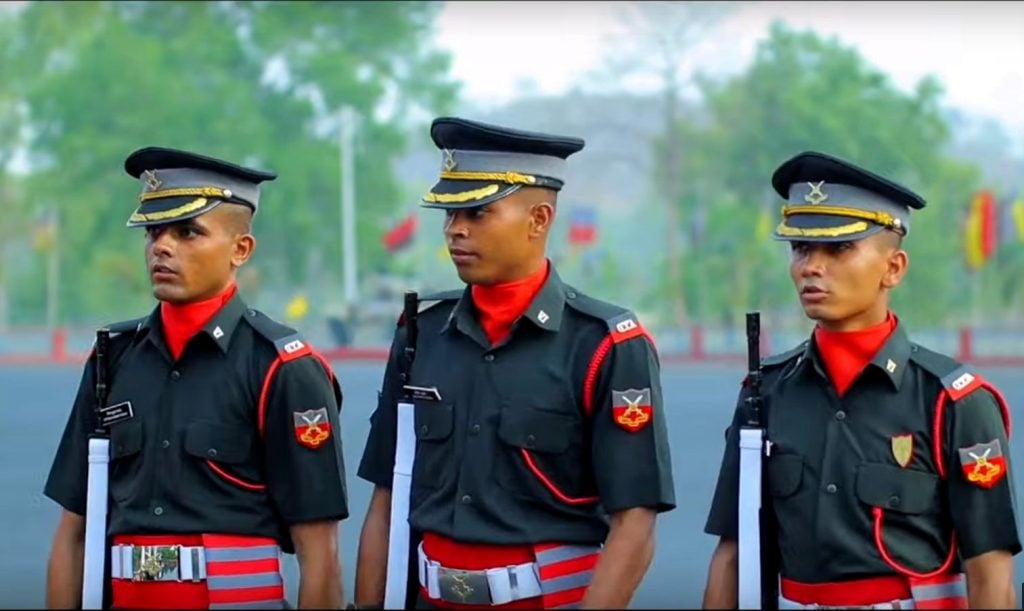
Occupational Stress in the Indian Army
General Findings
A study conducted by the Defence Institute of Psychological Research (DIPR), a branch of the DRDO, revealed that while the Indian Army personnel generally experience moderate levels of occupational stress, there are significant variations across different ranks. The research showed that army officers exhibit the highest stress levels, accompanied by the lowest levels of psychological well-being and quality of life. In contrast, JCOs reported the highest levels of psychological well-being and quality of life, followed by non-commissioned ranks.
Factors Contributing to Higher Stress in Officers
Hierarchical Responsibilities
One of the primary reasons for the heightened stress among officers is the nature of their responsibilities. Officers hold positions of authority and are tasked with significant work and management responsibilities. They are responsible for decision-making, planning, and the execution of various activities, which naturally brings a higher level of stress compared to JCOs and non-commissioned personnel.
Role Ambiguity and Workload
The role of an officer often involves role ambiguity, where the expectations and responsibilities might not be clearly defined. This ambiguity, combined with a heavy workload, contributes significantly to stress. Army officers are frequently required to multitask, manage resources, and ensure the welfare of their subordinates, all of which can be overwhelming.
Frequent Postings and Family Separation
Frequent postings and prolonged separation from families are common in an officer’s career. These factors not only disrupt family life but also contribute to emotional and psychological stress. Unlike JCOs and non-commissioned ranks, officers might face more frequent relocations, further compounding their stress levels.
Danger and Threat
Army officers are often at the forefront of strategic operations, exposing them to higher risks and threats. The constant danger and threat, whether from external aggression or internal security duties, add another layer of stress. The pressure of making critical decisions under life-threatening conditions can take a significant toll on their mental health.
Psychological Well-being and Quality of Life
Comparative Analysis
The study indicated that psychological well-being and quality of life are inversely related to occupational stress. Officers, who experience the highest levels of stress, also report the lowest levels of psychological well-being and quality of life. In contrast, JCOs, with their longer years of service and substantial influence over welfare and morale, enjoy higher psychological well-being and quality of life.
Respect and Influence
JCOs typically enjoy great respect from officers and have a considerable influence on the welfare and morale of their units. This respect and influence can enhance their sense of purpose and belonging, contributing to better psychological well-being and quality of life. Officers, while respected, often bear the brunt of leadership responsibilities, which can diminish their overall well-being.
Statistical Insights
Descriptive Statistics Analysis
An analysis of descriptive statistics from the study shows a high total mean in the Occupational Stress Index across all hierarchical levels. However, officers consistently report the highest stress levels. The table below summarizes the key findings:
| Rank | Occupational Stress | Psychological Well-being | Quality of Life |
|---|---|---|---|
| Officers | High | Low | Low |
| Junior Commissioned Officers (JCOs) | Moderate | High | High |
| Non-commissioned Ranks | Moderate | Moderate | Moderate |
Correlation Analysis
The study also found a negative correlation between occupational stress and psychological well-being, as well as with quality of life. Conversely, psychological well-being and quality of life were positively correlated. This suggests that as stress increases, both psychological well-being and quality of life diminish.
The Unique Stressors of Army Officers
Decision-Making Under Pressure
Officers are frequently required to make critical decisions under immense pressure. These decisions can have far-reaching consequences, not only for military operations but also for the lives of their subordinates. The weight of such decisions contributes significantly to their stress levels.
Leadership and Management
Leading a unit involves more than just tactical decisions; it requires managing people, resources, and time effectively. Officers must ensure their subordinates are motivated, well-trained, and prepared for any situation. The burden of leadership and the responsibility for the welfare of their troops add to their stress.
Training and Development
Officers are also responsible for their continuous professional development and that of their subordinates. This involves rigorous training schedules, keeping up with new military strategies, and ensuring the readiness of their units. Balancing personal development with their demanding roles can be a significant stressor.
Mitigating Stress in Army Officers
Support Systems
To mitigate the stress experienced by officers, robust support systems must be in place. This includes psychological support, counseling services, and peer support networks. Ensuring that officers have access to mental health resources can help them manage stress more effectively.
Clear Role Definitions
Reducing role ambiguity by clearly defining the responsibilities and expectations for officers can help alleviate stress. Clear guidelines and structured frameworks can provide officers with a better understanding of their roles, reducing uncertainty and stress.
Family Support Programs
Implementing programs that support the families of officers can also help reduce stress. Providing resources for family relocation, counseling services, and opportunities for family visits can mitigate the impact of frequent postings and family separation.
Leadership Training
Enhancing leadership training to include stress management techniques can equip officers with the tools they need to handle their responsibilities effectively. Training programs that focus on resilience, time management, and delegation can help officers manage their stress levels better.
Conclusion
The life of an army officer is undeniably more stressful than that of their junior counterparts due to the nature of their responsibilities, frequent relocations, and the constant threat environment. While officers experience the highest levels of occupational stress, targeted interventions and support systems can help mitigate these stressors. By addressing the unique challenges faced by officers, the Indian Army can enhance their psychological well-being and quality of life, ensuring they remain effective leaders and protectors of the nation.
Future Research Directions
Longitudinal Studies
Future research should consider longitudinal studies to track the stress levels of officers over time and the long-term effects of various stressors. This can provide deeper insights into how stress evolves and the effectiveness of interventions.
Comparative Studies
Comparative studies between different military branches and with armies of other nations can offer a broader perspective on occupational stress in military contexts. Understanding how other armies manage stress can provide valuable lessons and strategies for the Indian Army.
Intervention Effectiveness
Evaluating the effectiveness of different stress management interventions can help identify the most successful strategies. This can include assessing the impact of counseling services, leadership training, and family support programs on reducing stress levels among officers.
By continuing to explore and address the factors contributing to higher stress levels among army officers, the Indian Army can foster a healthier, more resilient, and more effective leadership cadre, ultimately enhancing the overall effectiveness and readiness of its forces.
FAQs
1. Why do army officers experience higher stress levels than other ranks?
Army officers experience higher stress levels due to their extensive responsibilities, including decision-making, planning, and managing both operations and personnel. The weight of these duties, combined with frequent relocations and role ambiguity, contributes to their heightened stress.
2. What specific responsibilities contribute to the stress of army officers?
Officers are responsible for strategic decision-making, ensuring the readiness and welfare of their units, and managing resources. They also face the pressure of leading their troops in high-risk situations, which adds to their stress.
3. How does the psychological well-being of officers compare to other ranks?
Officers report lower levels of psychological well-being compared to junior commissioned officers (JCOs) and non-commissioned personnel. This is largely due to their higher stress levels and the demanding nature of their roles.
4. What impact does frequent relocation have on army officers?
Frequent relocations disrupt family life and personal stability, leading to emotional and psychological stress. Officers often face more frequent postings than other ranks, exacerbating their stress levels.
5. Are there any studies that highlight the stress levels among army officers?
Yes, a study by the Defence Research and Development Organisation (DRDO) found that army officers exhibit the highest levels of occupational stress and the lowest levels of psychological well-being and quality of life compared to other ranks.
